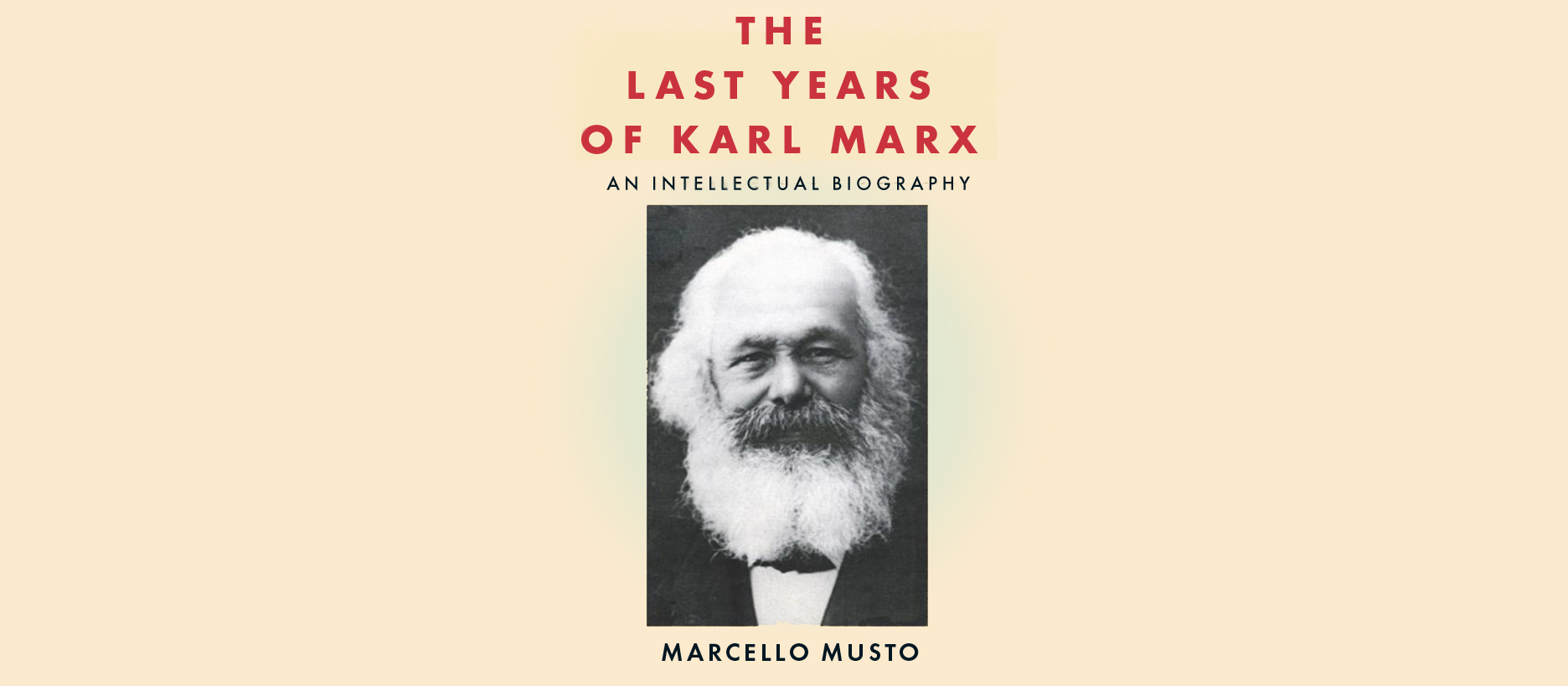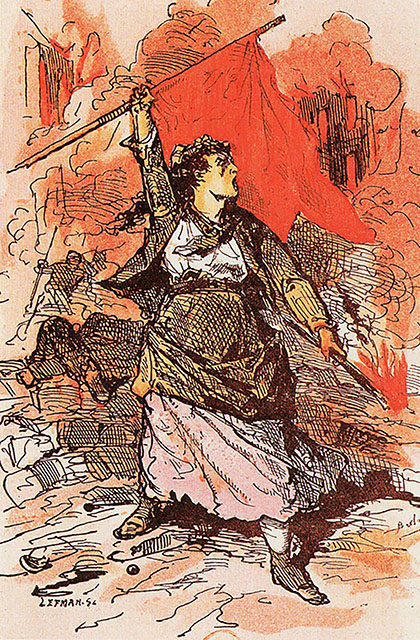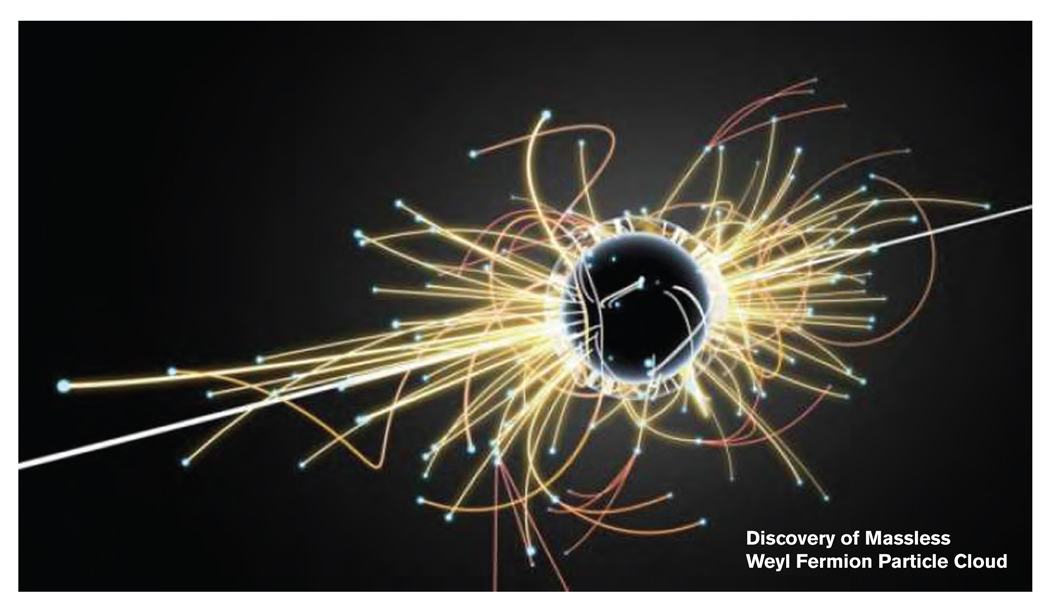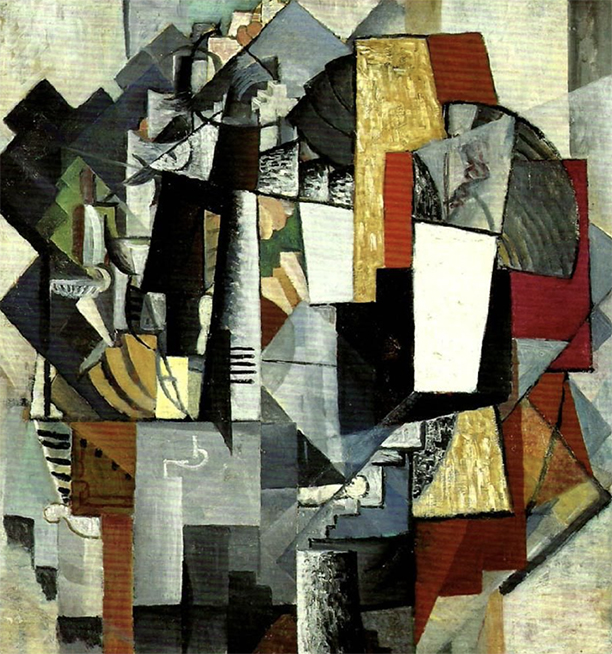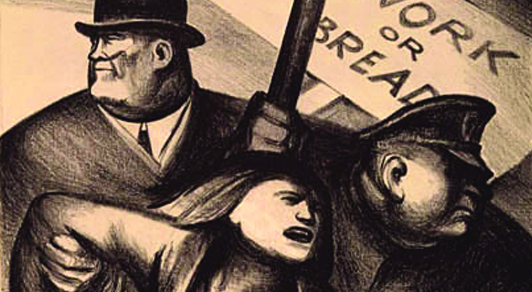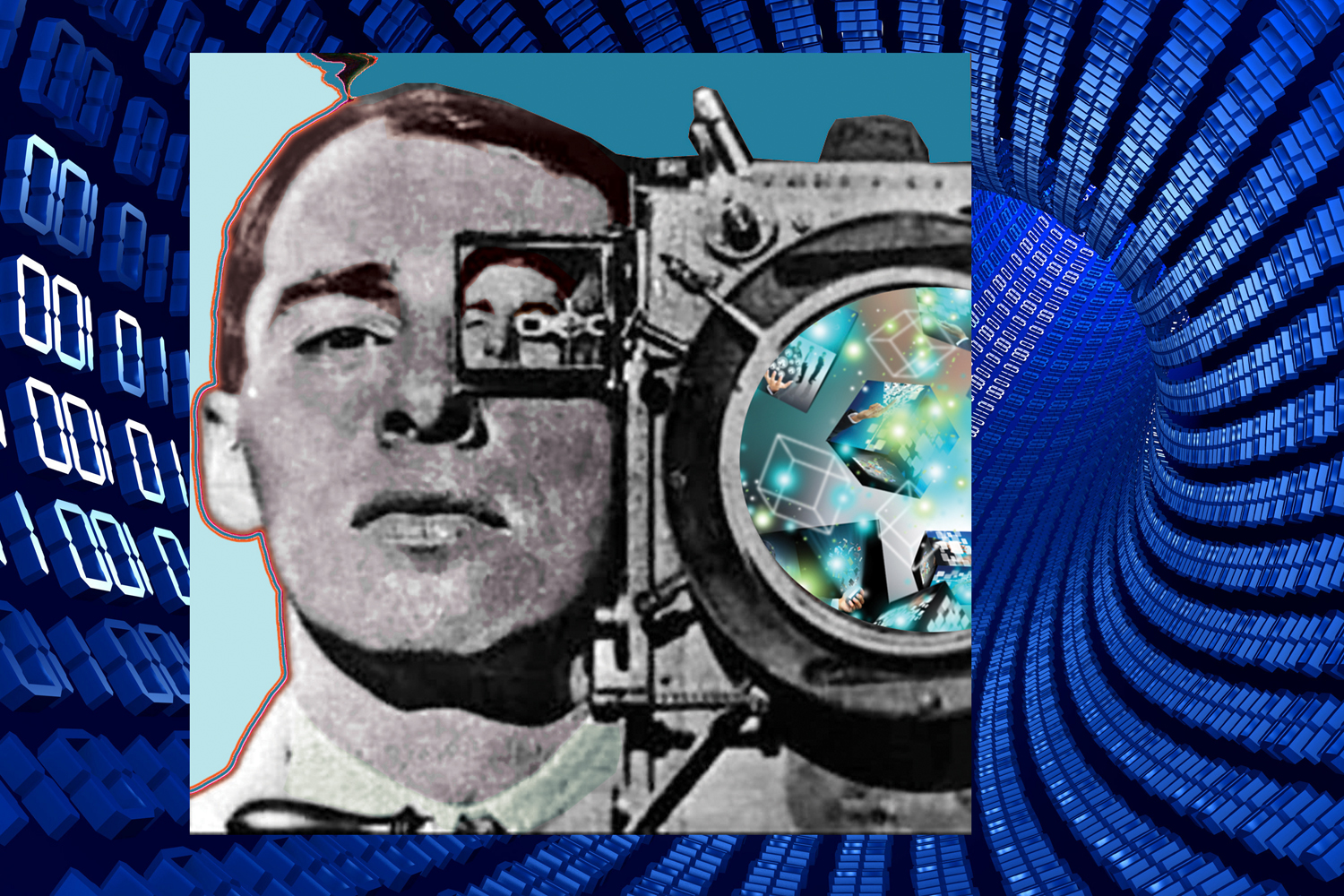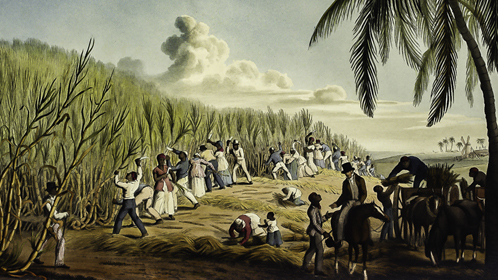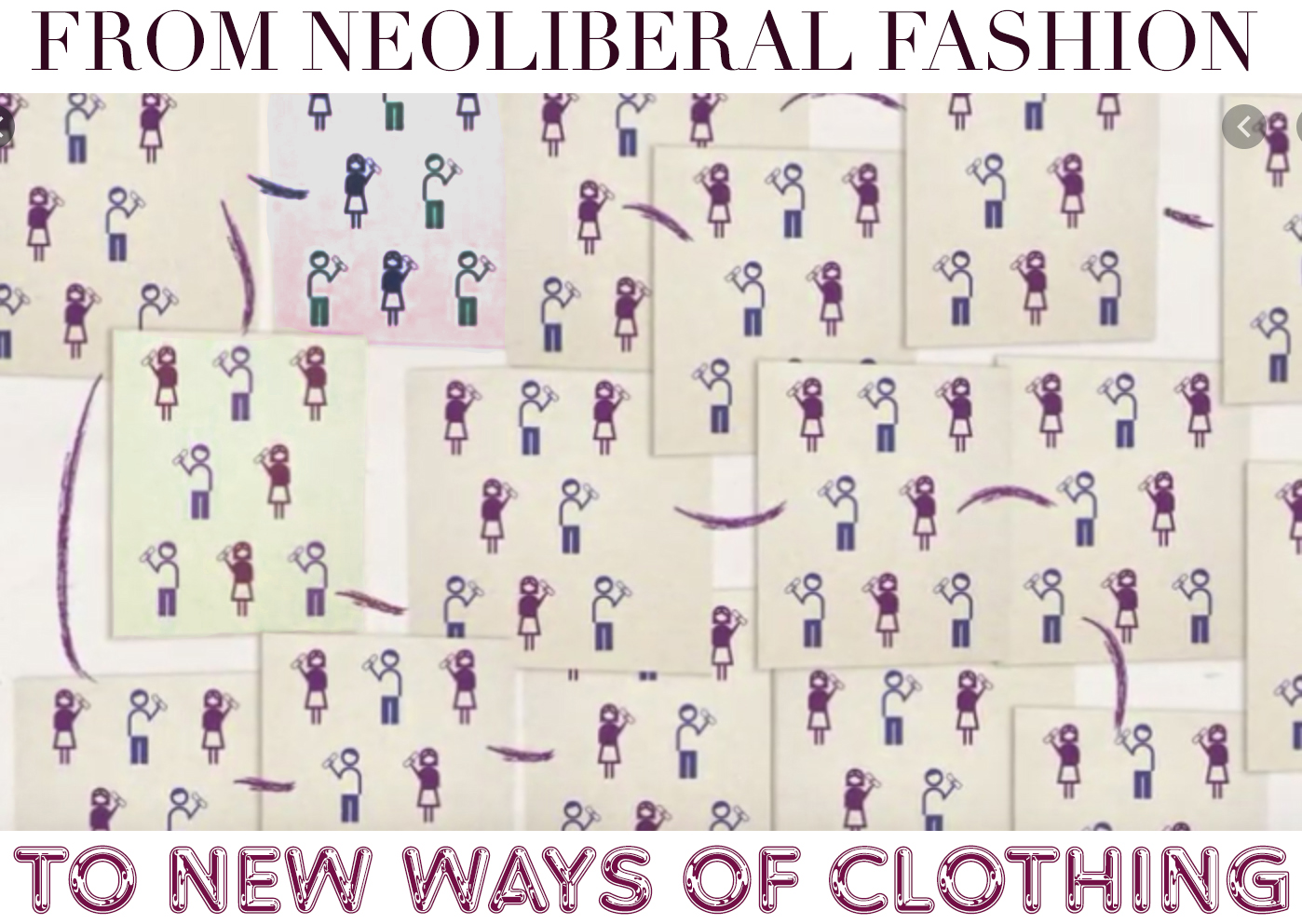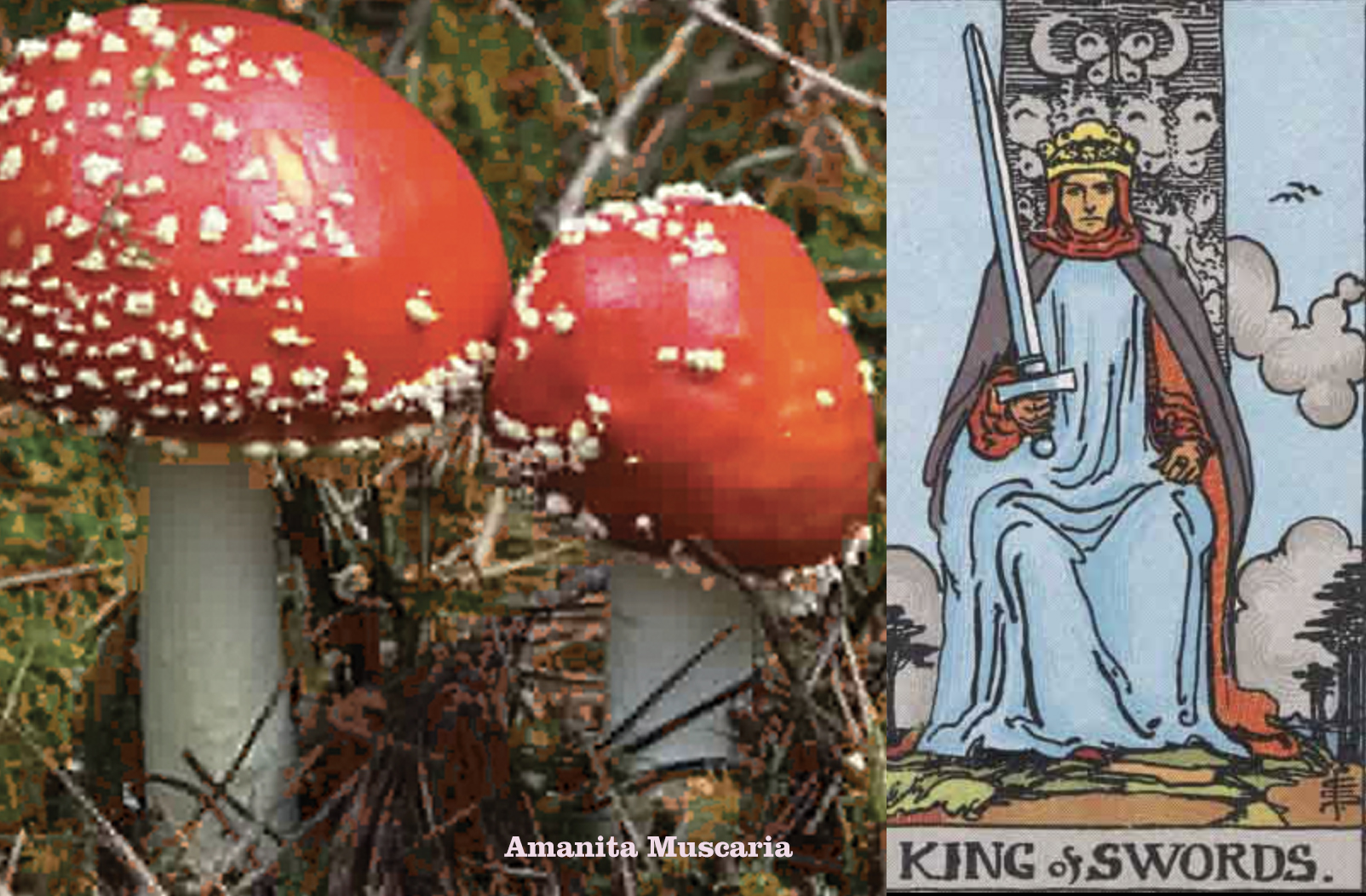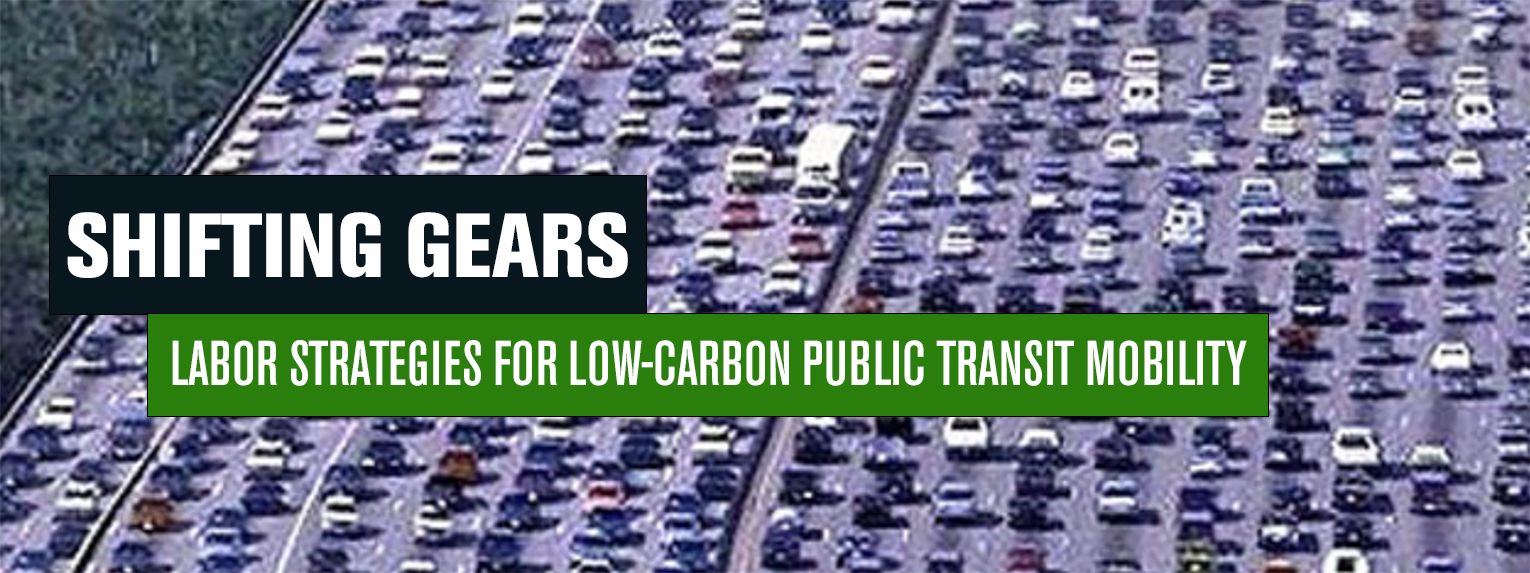The Last Years of Karl Marx: A new reading group
Online: Zoom link will be provided to registered participantsWith The Last Years of Karl Marx, Marcello Musto claims a renewed relevance for the late work of Marx, highlighting unpublished or previously neglected writings, many of which remain unavailable in English. Readers are invited to reconsider Marx’s critique of European colonialism, his ideas on non-Western societies, and his theories on the possibility of revolution in non-capitalist countries. From Marx’s late manuscripts, notebooks, and letters emerge an author markedly different from the one represented by many of his contemporary critics and followers alike.
150th Anniversary of the Paris Commune
Online: Zoom link will be provided to registered participantsPlease join us on March 18 –the date the uprising began – as Mitch Abidor, editor and translator of two books on the fighters in the 1871 uprising, Communards and Voices of the Paris Commune, recounts what happened over the 71 days that followed, in all its complexity, both its heroism and its failings, as well as its role as inspiration with lessons for the movements that followed in its footsteps.
Engels and the Dialectics of Nature
Online: Zoom link will be provided to registered participantsThis class will journey into quantum physics and 21st-century cosmology as background for a study of dialectics in natural science and philosophy. Readings include Engels’ Dialectics of Nature and excerpts from other philosophers and scientists writing since Engels.
Marx and Emancipatory Political Theory
Online: Zoom link will be provided to registered participantsThis panel will conside George Comninel’s “Alienation and Emancipation in the Work of Karl Marx”, “Marxism versus Liberalism” by August Nimtz and “Revisiting Marx’s Critique of Liberalism” by Igor Shoikhedbrod
Capital, Volume 1, Part 2
Online: Zoom link will be provided to registered participantsSession 2 will complete the analysis of Part I: Commodities and Money, starting with Chapter 2: The Process of Exchange followed by the historical development of the money form in the circulation of commodities. This in turn leads to the Transformation of Money into Capital, positioning the reader to analyze the specific social relations of capitalist production (wage labor and owners of capital) in relation to the forces of production, the means of production.
Working Class Cinema in the Age of Digital Capitalism
Online: Zoom link will be provided to registered participantsWhy does the story of cinema begin with the end of work? Is it because, as has been suggested, it is impossible to represent work from the perspective of labor but only from the point of view of capital, because the revolutionary horizon of the working class coincides with the end of work? After all, the early revolutionary art avant-garde had an ambiguous relationship with capitalism: it provided both a critique of commodification while also reproducing the commodity form.
Blood and Money
Online: Zoom link will be provided to registered participantsThe birth and development of capitalism since its origins in the fifteenth century is entirely bound up with the subordination of racialized peoples. Even before capitalism arose – in a process Marx termed the “so-called primitive accumulation” – money and markets were implicated in the rise and fall of states and empires that conquered and enslaved vast numbers of human bodies. This group will address these histories and their persisting consequences. We will read and discuss David McNally’s Blood and Money: War, Slavery, Finance, and Empire and Jairus Banaji’s The History of Commercial Capitalism among other works.
Engels and the Dialectics of Nature
Online: Zoom link will be provided to registered participantsThis class will journey into quantum physics and 21st-century cosmology as background for a study of dialectics in natural science and philosophy. Readings include Engels’ Dialectics of Nature and excerpts from other philosophers and scientists writing since Engels.
Capital, Volume 1, Part 2
Online: Zoom link will be provided to registered participantsSession 2 will complete the analysis of Part I: Commodities and Money, starting with Chapter 2: The Process of Exchange followed by the historical development of the money form in the circulation of commodities. This in turn leads to the Transformation of Money into Capital, positioning the reader to analyze the specific social relations of capitalist production (wage labor and owners of capital) in relation to the forces of production, the means of production.
Blood and Money
Online: Zoom link will be provided to registered participantsThe birth and development of capitalism since its origins in the fifteenth century is entirely bound up with the subordination of racialized peoples. Even before capitalism arose – in a process Marx termed the “so-called primitive accumulation” – money and markets were implicated in the rise and fall of states and empires that conquered and enslaved vast numbers of human bodies. This group will address these histories and their persisting consequences. We will read and discuss David McNally’s Blood and Money: War, Slavery, Finance, and Empire and Jairus Banaji’s The History of Commercial Capitalism among other works.
From Neoliberal Fashion to New Ways of Clothing with Jerónimo Montero Bressán
Online: Zoom link will be provided to registered participantsThe way clothes are produced, traded and sold today around the world reflects many of the problems today’s capitalism poses to the working classes, with deleterious consequences for the environment as well. Global supply chains, in which non-finished goods flow back and forth around the world so that brands and retailers can increase their profits, dominate the landscape of this industry.
Jesus Christ: Prince of Peace or King of Swords with Shane Mage
Online: Zoom link will be provided to registered participantsThe Gospels...have absolutely no presumptive value as history. But neither are they pure fiction despite the patent absurdity of the whole Christian theology built upon them and their obviously falsified passages (especially the blood-libel of Jewish Deicide) designed to justify the inherently antisemitic nature of that Christian theology.
Engels and the Dialectics of Nature
Online: Zoom link will be provided to registered participantsThis class will journey into quantum physics and 21st-century cosmology as background for a study of dialectics in natural science and philosophy. Readings include Engels’ Dialectics of Nature and excerpts from other philosophers and scientists writing since Engels.
Shifting Gears with Sean Sweeney and John Treat
Online: Zoom link will be provided to registered participantsSean and John will take a global look at road transport to envision urban transport systems that are organized on a “public goods” basis. They argue that the incursions of private corporations such as Uber and Lyft could be repelled, at least partially, by improved access to high quality public transport. At the same time, given the car-dependent development of peri-urban and rural areas, and the likely expansion of urban space in the coming decades (especially in the Global South), advocates of public transport will want to explore how “occupying the platforms” through public car-sharing schemes might meet these needs as part of municipal or communally owned fleets.
Engels and the Dialectics of Nature
Online: Zoom link will be provided to registered participantsThis class will journey into quantum physics and 21st-century cosmology as background for a study of dialectics in natural science and philosophy. Readings include Engels’ Dialectics of Nature and excerpts from other philosophers and scientists writing since Engels.

